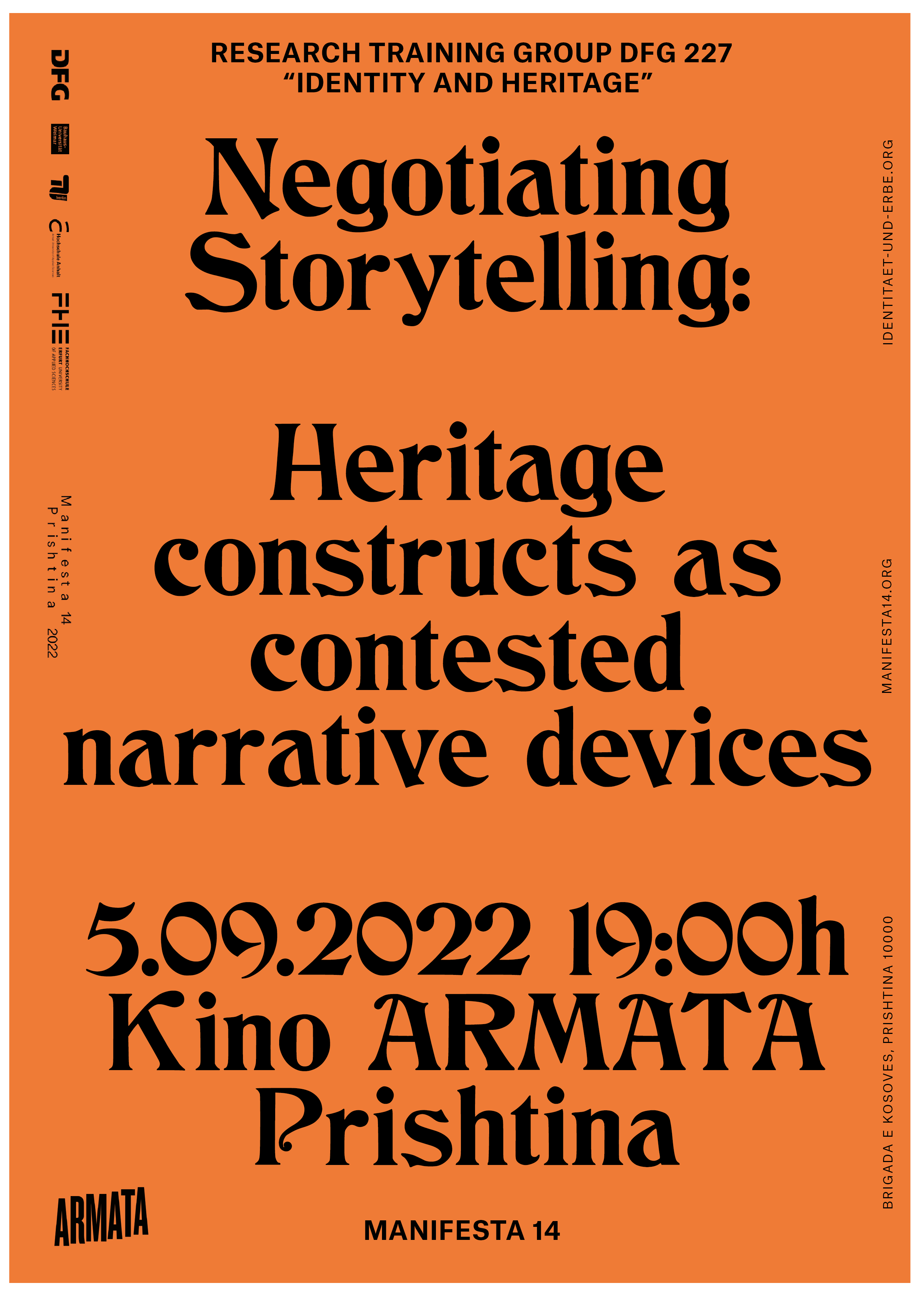identity and heritage
Welcome to the website of the DFG Research Training Group 2227 “Identity and Heritage”. The Research Training Group is a joint institution of the Bauhaus University Weimar, the Technical University Berlin, the Hochschule Anhalt Dessau (University of Applied Sciences) and the Fachhochschule Erfurt (University of Applied Sciences). The Universität der Künste Berlin is a partner of the Research Training Group.
The Research Training Group offers 14 doctoral students and up to 8 associated students funded by third parties the opportunity to do their doctorate in an outstanding and unique interdisciplinary environment, under the joint supervision of researchers from Berlin, Weimar, Dessau and Erfurt as well as the support by important cooperation partners. The team also includes a post-doctoral researcher, who primarily strengthens the sociological focus of the research programme.
At the end of September 2025, DFG funding for the Research Training Group ‘Identity and Heritage’ will end as planned. Our Research Training Group will cease its work at this time. The participating chairs will continue to deal with questions of cultural heritage in different ways and intensities. The Bauhaus University Weimar has set up the International Heritage Centre (IHZ) for this purpose, which also employs visiting academics, but does not have any positions or long-term scholarships to award.
Further information on our profile
